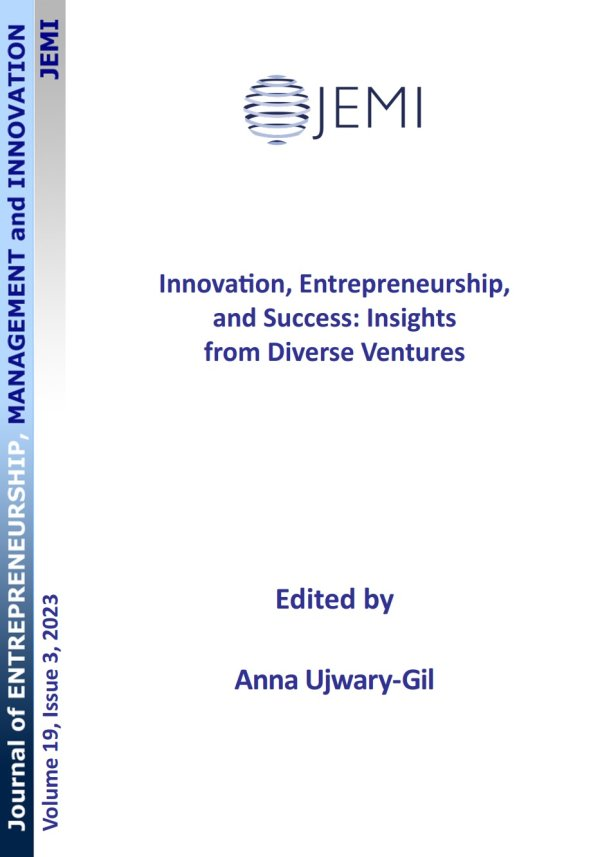Expatriation-enhanced competencies: A multiple case study of technology-based entrepreneurs
Expatriation-enhanced competencies: A multiple case study of technology-based entrepreneurs
Author(s): Hilka Pelizza Vier Machado, Jörg FreilingSubject(s): Social Sciences, Economy, Business Economy / Management, Sociology, ICT Information and Communications Technologies
Published by: Fundacja Upowszechniająca Wiedzę i Naukę "Cognitione"
Keywords: technology-based entrepreneurs; innovation; entrepreneurs; skills; competencies; expatriation
Summary/Abstract: PURPOSE: Facing the research gap of entrepreneurial learning by self-expatriated technology-based entrepreneurs, the purpose of this research is to explore those entrepreneurs’ beliefs and experiences across expatriation to identify the enhancement of their competencies. METHODOLOGY: Within a qualitative and exploratory multiple case theory-building approach, data was collected from twelve technology entrepreneurs from Brazil, Mexico, Germany, and Israel that went to the following destination countries: Spain, United Kingdom, United States, Germany, Ireland, Turkey, and the Netherlands. With interview data as the primary source, the data analysis rests on a qualitative content analysis. FINDINGS: Data allows structuring techpreneurs’ experience of expatriation along the following steps: (a) arrival in the destination country and initial process of socialization, (b) engaging in activities to get familiar with the culture of the destination country, (c) the gradual comprehensive understanding of the new context, and (d) comparisons between the home and destination country. Expatriation had an evident impact on the technology-based entrepreneurs that materializes in three groups of competencies: entrepreneurial competencies, knowledge and innovative competencies, and international competencies. Entrepreneurial competencies relate to relational and behavioral skills and the learning of doing business in different contexts. Concerning knowledge and innovative competencies, creativity, learning new techniques and international innovation environment stand at the fore. Finally, international competencies relate to the acceptance of different cultures (multicultural learning and perception of cultural differences), developing a sense of an international community and an international innovation culture. IMPLICATIONS: This study evidenced the influence of expatriation experiences on the training of skills of technology-based entrepreneurs, in a specific approach to entrepreneurial, innovative, and intercultural competencies. The research portrays self-expatriation as an opportunity for technology-based entrepreneurs to develop different competencies being helpful to innovate, to manage business and to operate in international markets. Universities and innovators may recognize their discretion to develop programs for people like former students who want to self-expatriate. In the same vein, government can design policy to attract self-expatriate in innovations hubs, considering that local inhabitants can benefit from the cultural exchange. ORIGINALITY AND VALUE: This study contributes to better understanding the influence of self-expatriation experiences on the development of skills of technology-based entrepreneurs. Compared to previous studies, it advances research through providing a wider range of learning from expatriation experiences beyond the effect of internationalization on market knowledge and cultural aspects. Furthermore, this study focuses the process, not the results of self-expatriation to understand entrepreneurs’ learning.
Journal: Journal of Entrepreneurship, Management and Innovation
- Issue Year: 19/2023
- Issue No: 3
- Page Range: 7-46
- Page Count: 40
- Language: English

